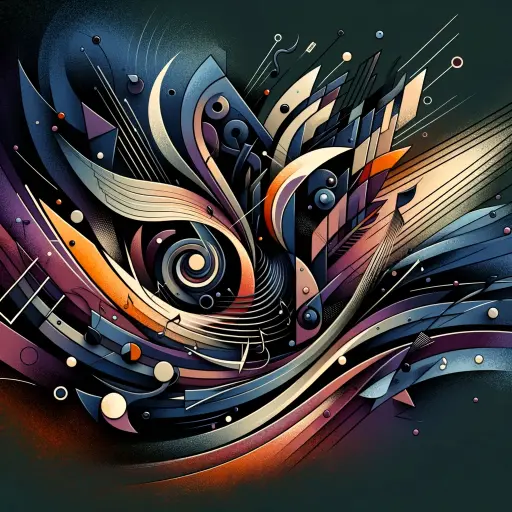
Experimental Classical Concerts
Experimental classical is a genre that pushes the boundaries of traditional classical music by incorporating unconventional techniques, structures, and instruments. It emerged in the mid-20th century as composers sought to break free from the constraints of traditional composition and explore new sonic possibilities.
The origins of experimental classical can be traced back to the early 20th century with composers like Arnold Schoenberg and Igor Stravinsky, who began experimenting with atonal and polytonal compositions. However, it wasn't until the 1950s and 1960s that experimental classical truly took shape as a distinct genre.
Key characteristics of experimental classical include the use of extended techniques on traditional instruments, such as plucking or bowing strings inside the piano or using unconventional playing methods on wind instruments. Composers also incorporate electronic elements, tape loops, and field recordings into their compositions. The structure of experimental classical pieces often deviates from traditional forms like sonata or symphony, favoring more abstract and open-ended structures.
One significant artist associated with experimental classical is Karlheinz Stockhausen. His groundbreaking works like "Kontakte" (1958-1960) combined electronic sounds with live instrumentation, creating a unique blend of acoustic and electronic music. Another influential figure is John Cage, known for his innovative use of chance operations in composition. His piece "4'33"" (1952), which consists of four minutes and thirty-three seconds of silence, challenged conventional notions of music.
As experimental classical evolved over time, artists continued to push boundaries further. In the 1970s and 1980s, composers like Steve Reich and Philip Glass embraced minimalism as an aesthetic approach within experimental classical. Their repetitive patterns and hypnotic rhythms became hallmarks of this period.
In recent years, artists like Max Richter have gained recognition for their contributions to experimental classical. Richter's album "Memoryhouse" (2002) blends orchestral elements with electronic textures, creating a cinematic and emotionally evocative sound.
Listen
Concert Schedule
| Concert Date | Artist | Venue | City |
|---|





